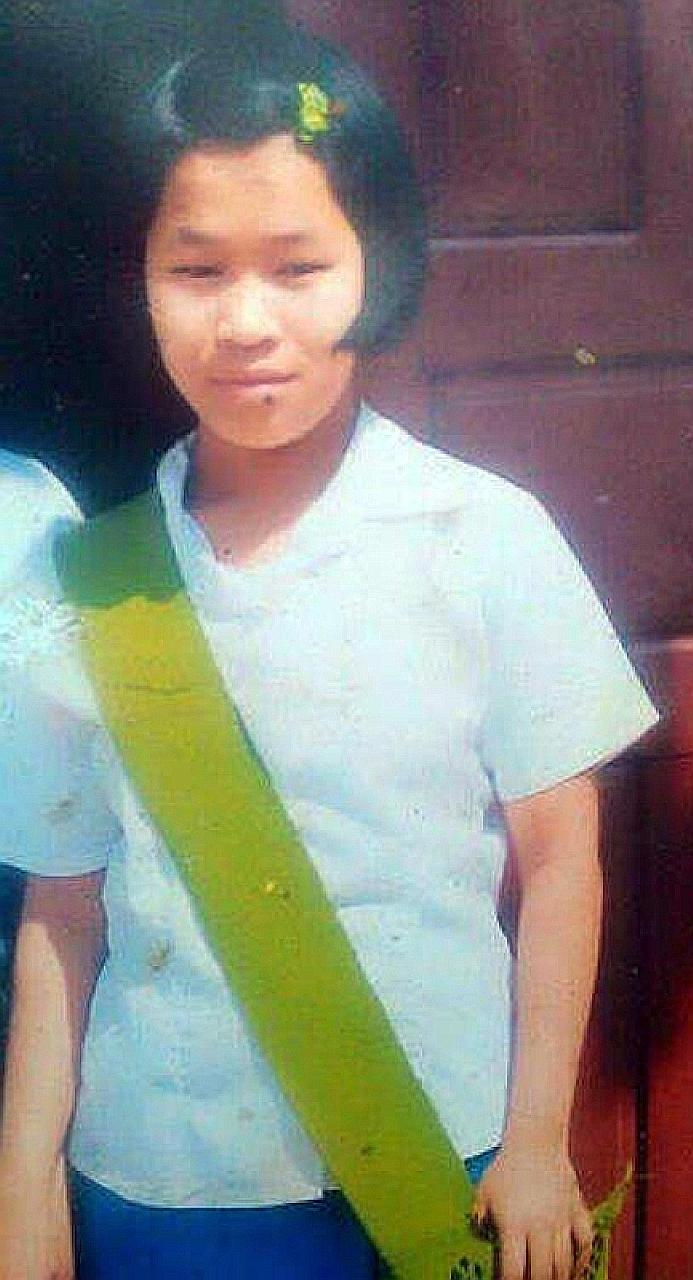New safeguards proposed to prevent repeat of abuse that killed maid
Areas under study include safeguards against abusive bosses and reporting system for docs
Sign up now: Get ST's newsletters delivered to your inbox

The case of Ms Piang Ngaih Don has brought the issue of maid abuse back into sharp focus.
PHOTO: HELPING HANDS FOR MIGRANT WORKERS
Follow topic:
A thorough review is being carried out to put safeguards in place and ensure that the sort of abuse inflicted upon a Myanmar domestic helper - which led to her death - does not happen again.
Three particular areas will be reviewed so that domestic helpers get more protection. These include safeguards against abusive employers, the reporting system for doctors who periodically examine domestic helpers and a look at how the community can play a role in flagging possible abuse.
Speaking to the media at a virtual meeting yesterday, Manpower Minister Josephine Teo touched on the case of Myanmar domestic helper Piang Ngaih Don and said: "Let me be absolutely clear. There is no place for abuse against foreign domestic workers in Singapore."
Mrs Teo, who is Second Minister for Home Affairs, added: "The Singapore Government takes very seriously the safety of all of our foreign domestic workers who are here."
The case of Ms Piang Ngaih Don, who was 24 when she died on July 26, 2016, has brought the issue of maid abuse back into sharp focus. She weighed just 24kg when she died.
On Tuesday, Ms Piang Ngaih Don's Singaporean employer, Gaiyathiri Murugayan, 40, the wife of police officer Kevin Chelvam, 41, admitted to starving, torturing and ultimately killing her. The prosecution is asking for life imprisonment for her.
Her husband Chelvam, who was suspended from service on Aug 8 2016, and her mother Prema S. Naraynasamy, 61, who often stayed with the couple, have also been charged, and their cases are pending before the courts.
"We are determined to put an end to any form of abuse towards them (helpers) and to ensure their safety," Mrs Teo said yesterday.
She pointed out that several safeguards were already in place to ensure that domestic helpers were not abused.
For example, they undergo a mandatory settling-in programme, during which they are informed of their rights and responsibilities.
They also undergo six-monthly medical check-ups and, since 2017, doctors have been required to report to the police or to the Ministry of Manpower (MOM) if they detect signs of abuse or distress.
MOM also said on Wednesday that it will be intensifying efforts to interview all new foreign domestic workers about their well-being.
"Our starting point must be the safety of our foreign domestic workers," said Mrs Teo. "If there are areas where we can improve on to strengthen the support to the foreign domestic workers, we will do so."
The role of doctors who examine helpers is also being reviewed. Ms Piang Ngaih Don was examined by doctors twice during her employment, but no signs of distress were flagged.
Court documents state that at the last check-up before her death, a doctor saw bruises around both of the maid's eye sockets and cheeks, and mild swelling on both feet. But Gaiyathiri claimed this was because she was clumsy and fell down often.
Mrs Teo said the Health Ministry would have to look into the doctor's responsibility. She said helpers were currently given a range of resources to alert the authorities about their situation. "Certainly we want to know how this can be strengthened," she added.
But it was also important that the community be alert for signs of abuse. "And I think in this case, it is quite illustrative of the fact that the support could have been better," said Mrs Teo.
Law Minister K. Shanmugam, who also spoke, said that regardless of the outcome of the criminal case against Chelvam, he will face internal disciplinary proceedings by the police after the criminal proceedings have been completed.
Mr Shanmugam added: "We need, and thankfully, we have a system, where it doesn't matter who you are, whether you are a police officer, civil servant or man on the street. If the investigation shows that you ought to be charged, you will be charged, and you will face the full weight of the law."
In a Facebook post yesterday, the Humanitarian Organisation for Migration Economics said that more must be done to protect workers from abuse. It sought strong laws and pre-emptive measures to detect and prevent abuse.
"We are pleased that MOM is taking steps to review how to better protect domestic workers," it said.

